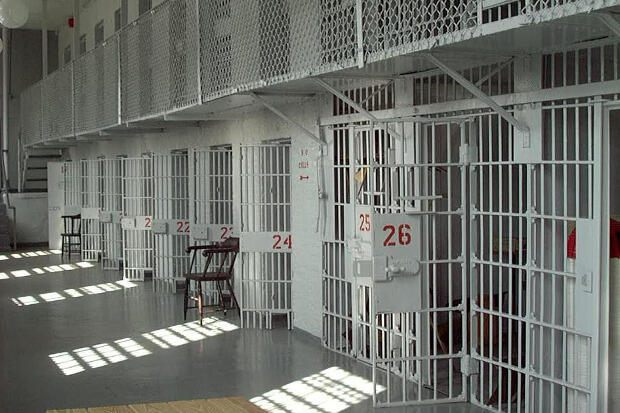
Jan. 28, 2016
Public supports reforms in juvenile justice, parole, sex offender registry and firearm possession
Share this story
FOR IMMEDIATE RELEASE
CONTACT: Robyn McDougle
Faculty Director, Office of Public Policy Outreach Center for Public Policy
L. Douglas Wilder School of Government and Public Affairs
Phone 804-828-2759
Email: rdmcdougle@vcu.edu
With the General Assembly in its biannual budget session, many policymakers are focused on public safety reforms as an avenue to not only enhance the equity of the criminal justice system but also to ensure its fiscal efficiency.
The recent 2016 Commonwealth Poll: Public Safety conducted by the Office of Public Policy Outreach in the Center for Public Policy at the L. Douglas Wilder School of Government and Public Affairs at Virginia Commonwealth University, found strong support for the proposal put forth by the Department of Juvenile Justice to close the state’s remaining two large, centralized juvenile correctional centers and replace them with a network of smaller, local community-based treatment alternatives.
More than eight out of 10 (84 percent) support juvenile justice reforms that would reduce the use of large, adult-style incarceration facilities and instead use smaller, community-based therapeutic centers for juvenile offenders. The support for such reforms was the strongest among Democrats (91 percent) and those residing in the Tidewater (80 percent) and Northern Virginia (91 percent) regions.
There was also strong support (81 percent) for reinvestment of funds for localities that choose to incarcerate fewer juveniles by using community-based programs. Moving toward community-based programs to treat juvenile offenders is not the only reform Virginians support, the poll shows.
More than half the people polled think that juveniles convicted of nonviolent sex offenses should not be placed on the sex offender registry.
“More than half the people polled think that juveniles convicted of nonviolent sex offenses should not be placed on the sex offender registry,” said Robyn McDougle, Ph.D., faculty director of the Office of Public Policy Outreach and an associate professor of criminal justice at the VCU Wilder School. “Citizens around the commonwealth are supportive of treating most juvenile offenders differently than adults.”
The poll was conducted in a first-ever partnership with the office of the Virginia secretary of public safety and homeland security.
“The poll confirms our belief that there is a strong, bipartisan majority of Virginians who understand that we must treat juvenile offenders differently than adults in order to improve public safety, reduce recidivism and provide the best opportunity for these young people to become productive citizens,” said Brian Moran, Virginia secretary of public safety and homeland security.
Along with juvenile justice, reforming the parole system in Virginia has also been the focus of recent debate. This past summer, the governor’s parole review commission examined the current policies and practices in an attempt to reform the state’s current process. Over three-quarters of Virginians (76 percent) polled agreed that parole should be reinstated in the state.
“However, the fact that more than 75 percent of those supporting reinstating parole limited it to nonviolent offenders, and the impact of ‘truth in sentencing’ highlights the complexities surrounding this policy debate,” McDougle said.
Lawmakers in Virginia and around the country regularly debate firearms ownership, and this year is no different. Several firearms bills are pending in both chambers of the General Assembly.
Poll responses indicate strong support for certain aspects of firearms purchase reforms, specifically those focused on domestic violence. Most people (64 percent) support denying firearms purchases to people with outstanding restraining orders. Eighty-eight percent support current Virginia law denying firearms purchases to anyone with a domestic violence conviction.
The 2016 Commonwealth Poll: Public Safety, conducted by the Center for Public Policy at the L. Douglas Wilder School of Government and Public Affairs at Virginia Commonwealth University, obtained telephone interviews with a representative sample of 931 adults living in Virginia. The interviews were administered from January 4 to 12, 2016. The margin of sampling error for the complete set of weighted data is ±3.7 percentage points.
Portions of the poll related to terrorism, emergency preparedness and police legitimacy will be released on Thursday, Feb. 4, and will be discussed at a press conference at 11:30 a.m. in the General Assembly Building’s House Briefing Room.
Subscribe to VCU News
Subscribe to VCU News at newsletter.vcu.edu and receive a selection of stories, videos, photos, news clips and event listings in your inbox.












